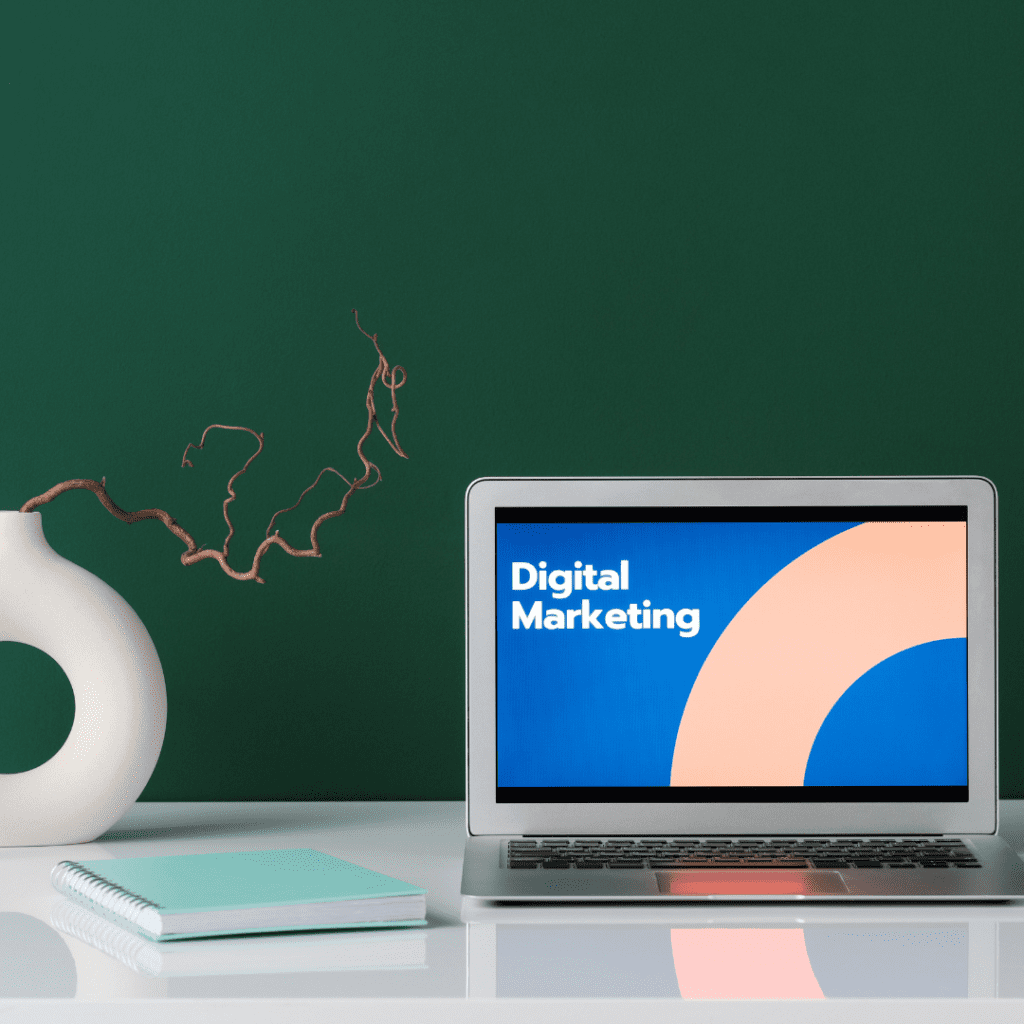Digital marketing has become a crucial aspect of a successful marketing strategy for small businesses. With the majority of consumers using the internet to research products and services, it is important for small businesses to understand the significance of digital marketing in growing their brand and reaching their target audience. In this article, we will explore what digital marketing is and why it is essential for small businesses.
What is digital marketing?
Digital marketing refers to the practice of utilizing digital channels, such as search engines, social media, email, and websites, to promote products, services, or brands. It is a more targeted and cost-effective approach compared to traditional marketing methods. By leveraging digital marketing strategies, businesses can connect with potential customers and expand their reach in the online landscape.
Why is digital marketing important for small business?
Digital marketing enables small businesses to reach a wider audience compared to traditional marketing methods. By identifying their target audience and crafting personalized messages, small businesses can attract potential customers who are genuinely interested in their products or services. This allows them to expand their customer base and increase revenue.
Reach a wider audience
Digital marketing enables small businesses to reach a wider audience compared to traditional marketing methods. By identifying their target audience and crafting personalized messages, small businesses can attract potential customers who are genuinely interested in their products or services. This allows them to expand their customer base and increase revenue.
Establish an online presence
In today’s digital age, having an online presence is crucial for any small business. A well-designed website and engaging social media profiles not only help establish a brand’s online presence but also provide an opportunity to connect with potential customers. Through these platforms, small businesses can build trust, credibility, and increase brand awareness.
Cost-effective
Digital marketing offers cost-effective solutions for small businesses. For instance, pay-per-click (PPC) advertising allows businesses to target specific audiences and pay only when someone clicks on their ad. This targeted approach ensures that businesses get the most out of their marketing budget by maximizing their ad spend and reducing wastage.
Measurable results
One of the significant benefits of digital marketing is its measurability. Small businesses can track and evaluate the effectiveness of their digital marketing efforts using analytics and data. This data-driven approach allows businesses to make informed decisions about their marketing strategy, optimize campaigns, and achieve better results.
Build relationships with customers
Digital marketing provides opportunities for small businesses to build strong relationships with their customers. Through social media platforms and email marketing, businesses can engage their audience in two-way conversations, respond to queries or feedback, and provide personalized messages. By fostering loyalty and maintaining strong customer relationships, small businesses can increase customer retention and drive repeat business.
How can small businesses implement digital marketing?
There are several digital marketing tactics that small businesses can employ to reach their audience effectively and grow their business. Let’s explore a few examples:
Content marketing
Content marketing involves creating valuable and informative content to attract and engage the target audience. By optimizing content for search engines, small businesses can increase website traffic, establish thought leadership, and build trust and credibility with their audience.
Social media marketing
Social media provides a powerful platform for small businesses to connect with their audience, increase brand awareness, and drive website traffic. By creating engaging content, building a loyal following, and leveraging social media advertising, small businesses can effectively promote their products or services to a larger audience.
Email marketing
Email marketing is an effective way for small businesses to nurture customer relationships and drive sales. By building an email list and sending personalized messages or targeted campaigns, small businesses can keep their audience informed about new products, promotions, or updates, ultimately increasing customer retention and driving conversions.
Influencer marketing
Influencer marketing involves partnering with social media influencers to promote products or services. This strategy allows small businesses to tap into an influencer’s engaged audience and benefit from their credibility and influence. Small businesses can expand their reach and enhance brand visibility by collaborating with influencers relevant to their niche.
Pay-per-click (PPC) advertising
Pay-per-click (PPC) advertising allows small businesses to display targeted ads on search engines, social media platforms, or other websites. Small businesses only pay when their ads are clicked. This approach ensures that the marketing budget is spent wisely, targeting specific audiences who are more likely to convert into customers.
Video marketing
Video marketing is a growing trend in digital marketing. By creating engaging video content, small businesses can capture their audience’s attention, convey messages effectively, and increase brand awareness. Videos can be shared across multiple channels, including websites, social media, and video sharing platforms, to maximize their reach.
Search engine optimization
Search engine optimization (SEO) involves optimizing a website to rank higher in search engine results pages (SERPs). By implementing SEO best practices, small businesses can increase their website’s visibility, attract organic traffic, and outperform competitors in search engine rankings.
In conclusion
In today’s competitive digital landscape, digital marketing is crucial for small businesses to establish their presence, reach their audience, and grow their businesses. By implementing digital marketing tactics such as SEO, PPC advertising, social media marketing, email marketing, content marketing, influencer marketing, video marketing, and mobile marketing, small businesses can effectively market their products or services, build strong customer relationships, and drive revenue. It is important for small businesses to stay ahead of the game by embracing digital marketing strategies that align with their business objectives and provide a competitive edge in their industry.







